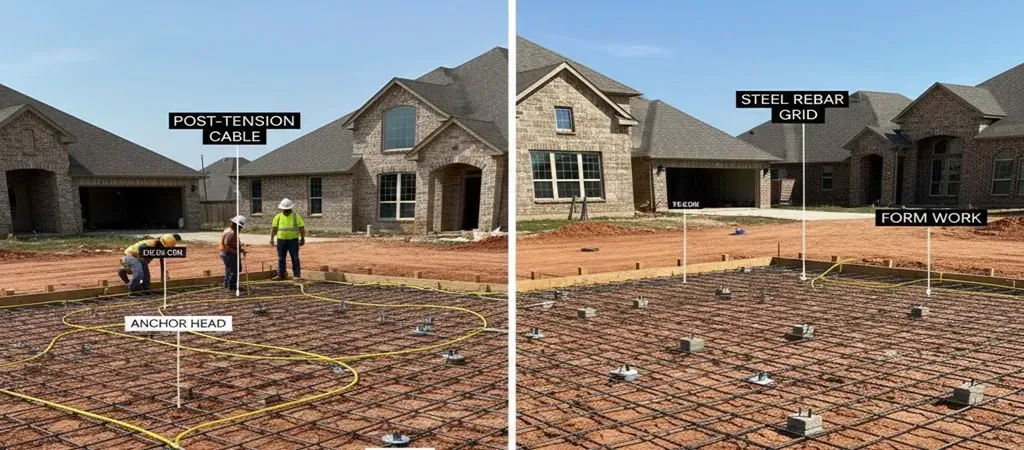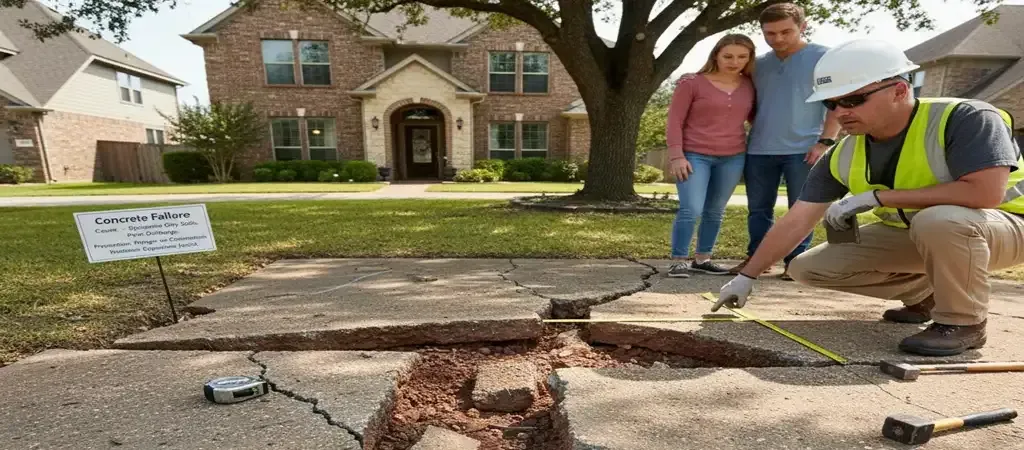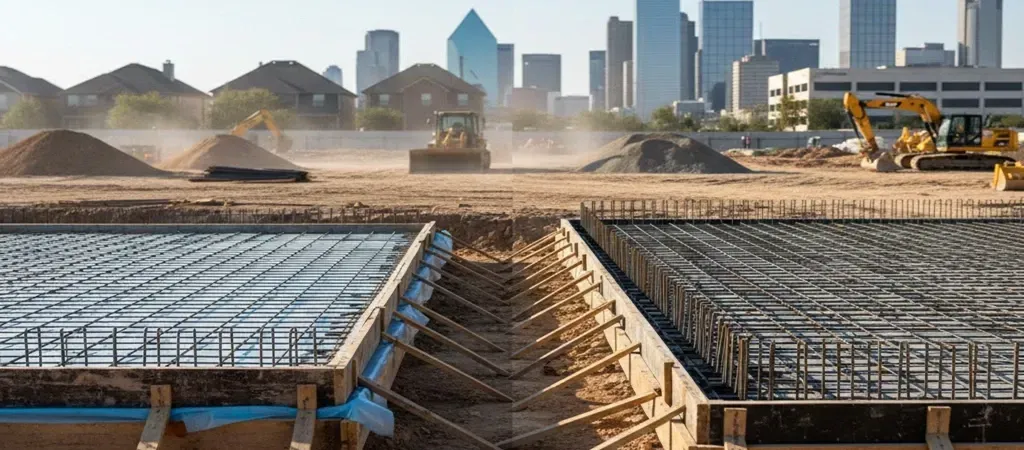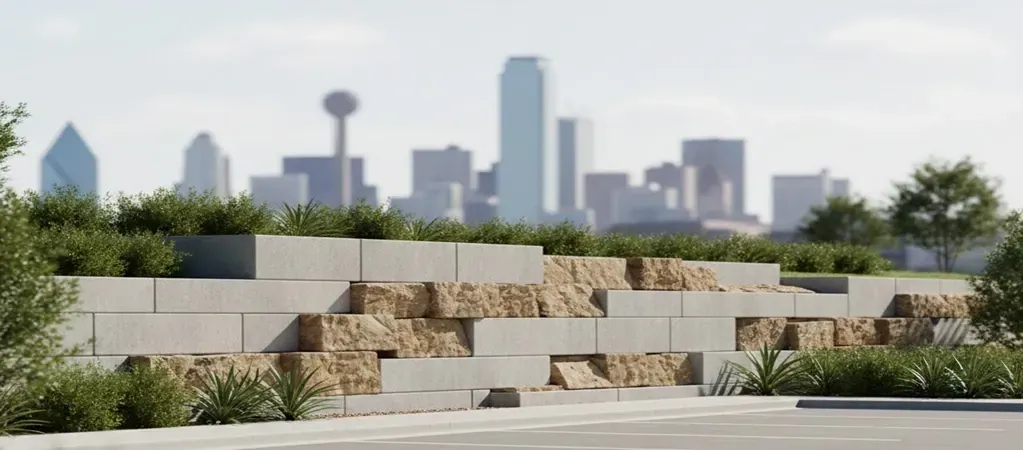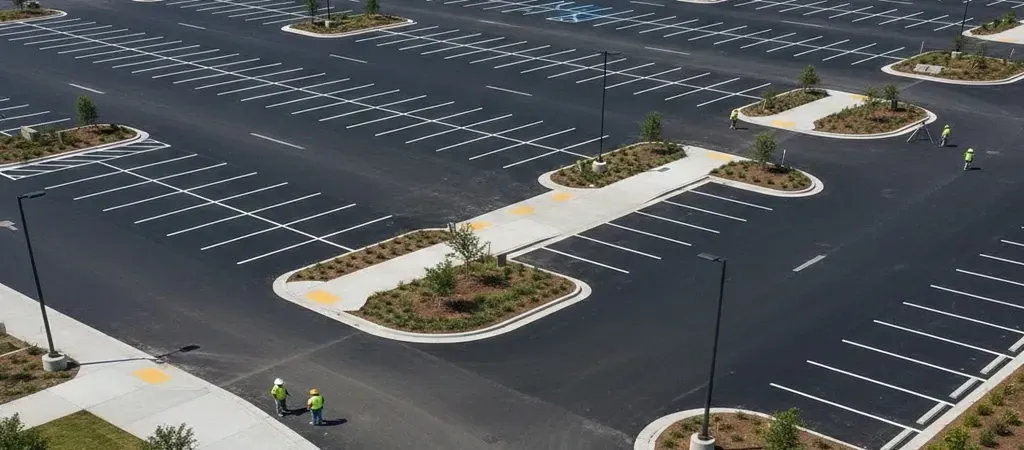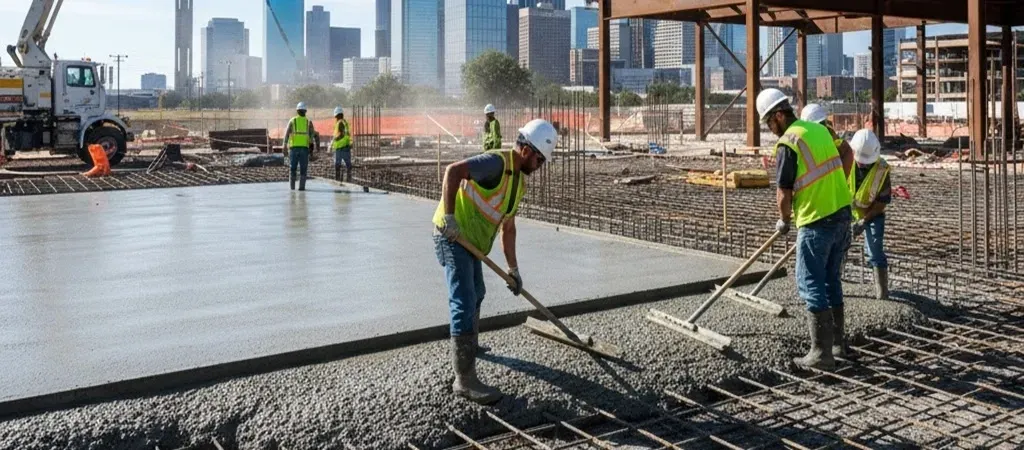Top 10 Questions to Ask Your Dallas Concrete Contractor Before Starting a Project
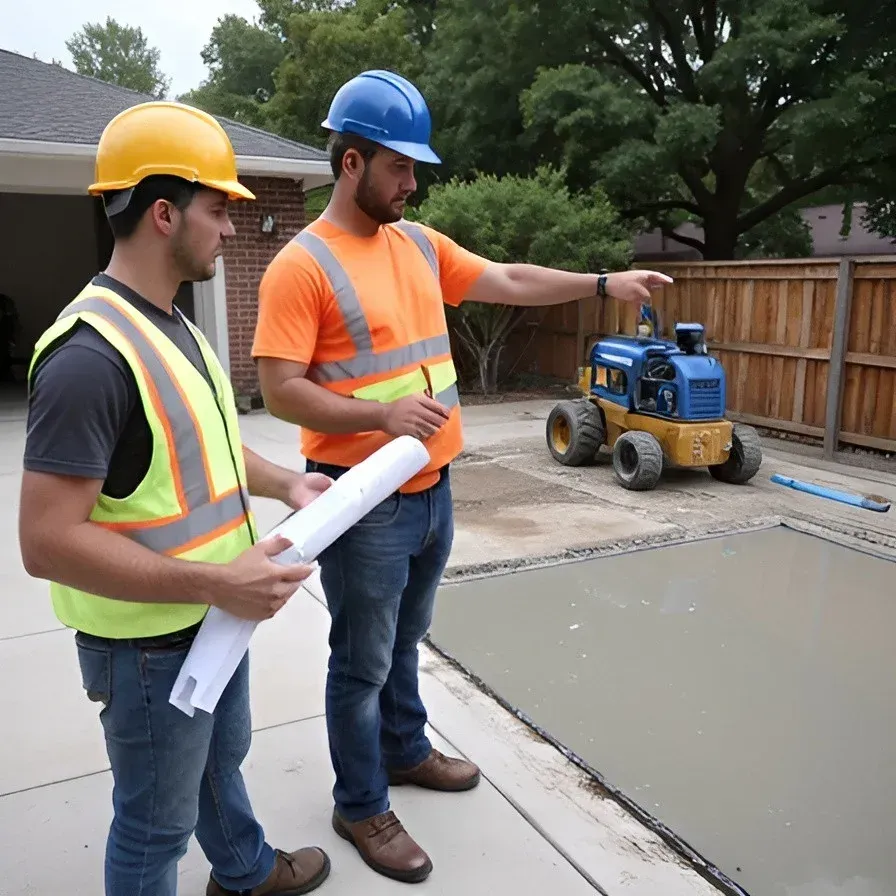
When embarking on a concrete project in Dallas, whether it’s a new driveway, patio, or foundation, choosing the right contractor is crucial to the success of your endeavor. Concrete work is a significant investment, and you want to ensure that the job is done correctly, efficiently, and within your budget. To help you make an informed decision, here are the top 10 questions you should ask your Dallas concrete contractor before starting your project.
1. Are You Licensed and Insured?
Before hiring a concrete contractor, it’s essential to confirm that they are licensed and insured. A valid license ensures that the contractor has met the necessary qualifications and standards required by the state of Texas. Insurance, on the other hand, protects you from liability in case of accidents or damages during the project.
- Why It’s Important: Licensed contractors are more likely to adhere to industry standards and regulations. Insurance coverage provides peace of mind, knowing that you won’t be held responsible for any unforeseen incidents.
2. How Much Experience Do You Have?
Experience is a key factor in determining the reliability and expertise of a concrete contractor. Ask about their experience in the industry and specifically with projects similar to yours.
- Why It’s Important: Experienced contractors are more likely to deliver high-quality work and handle unexpected challenges efficiently. They also have a track record that you can review through references and past projects.
3. Can You Provide References?
Requesting references from previous clients is a vital step in evaluating a contractor’s reliability and quality of work. A reputable contractor should be willing to provide you with a list of satisfied customers.
- Why It’s Important: References give you insight into the contractor’s work ethic, professionalism, and ability to meet deadlines. Talking to past clients can help you gauge their satisfaction with the completed projects.
4. What Is the Estimated Timeline for the Project?
Understanding the timeline for your concrete project is crucial for planning and managing expectations. Ask for an estimated start and completion date.
- Why It’s Important: A clear timeline helps you coordinate other aspects of your project and ensures that the contractor is committed to finishing the work promptly. It also allows you to plan for any disruptions that might occur during the construction process.
5. What Is the Detailed Cost Breakdown?
Transparency in pricing is essential when hiring a concrete contractor. Request a detailed cost breakdown that includes labor, materials, permits, and any other associated expenses.
- Why It’s Important: A comprehensive cost breakdown prevents unexpected charges and helps you understand where your money is going. It also enables you to compare quotes from different contractors more effectively.
6. What Type of Concrete Do You Recommend for My Project?
The type of concrete used can significantly impact the durability and appearance of your project. Ask your contractor for recommendations based on the specific requirements of your project.
- Why It’s Important: Different projects require different types of concrete. For example, a driveway may need a more durable mix compared to a patio. The contractor’s recommendation should be based on factors such as load-bearing needs, weather conditions, and aesthetics.
7. How Will You Handle Site Preparation?
Proper site preparation is critical to the success of any concrete project. Ask your contractor about the steps they will take to prepare the site before pouring the concrete.
- Why It’s Important: Site preparation includes tasks such as excavation, grading, and ensuring proper drainage. Proper preparation ensures a stable foundation and helps prevent issues like cracking or settling in the future.
8. What Are the Terms of Your Warranty?
A warranty provides protection against potential defects or issues that may arise after the project is completed. Ask your contractor about the terms and duration of their warranty.
- Why It’s Important: A clear warranty agreement demonstrates the contractor’s confidence in their workmanship and materials. It also gives you recourse in case any problems develop after the project is finished.
9. How Do You Handle Permits and Inspections?
Permits and inspections are often required for concrete projects, especially for larger installations. Inquire about the contractor’s process for obtaining necessary permits and arranging inspections.
- Why It’s Important: Ensuring that all permits and inspections are handled correctly is crucial for compliance with local building codes. A contractor who manages these aspects efficiently can help avoid legal issues and delays.
10. Can You Provide a Written Contract?
A written contract is essential to outline the scope of work, costs, timeline, and other important details of the project. Ask your contractor to provide a detailed written agreement before starting the work.
- Why It’s Important: A contract protects both you and the contractor by clearly defining expectations and responsibilities. It serves as a reference point in case of any disputes or misunderstandings during the project.
Conclusion
Choosing the right concrete contractor in Dallas requires careful consideration and thorough vetting. By asking these top 10 questions, you can ensure that you hire a qualified, reliable, and professional contractor who will deliver high-quality results for your project. Taking the time to get satisfactory answers will help you avoid potential pitfalls and achieve a successful concrete installation that meets your needs and expectations.
Contact us!
